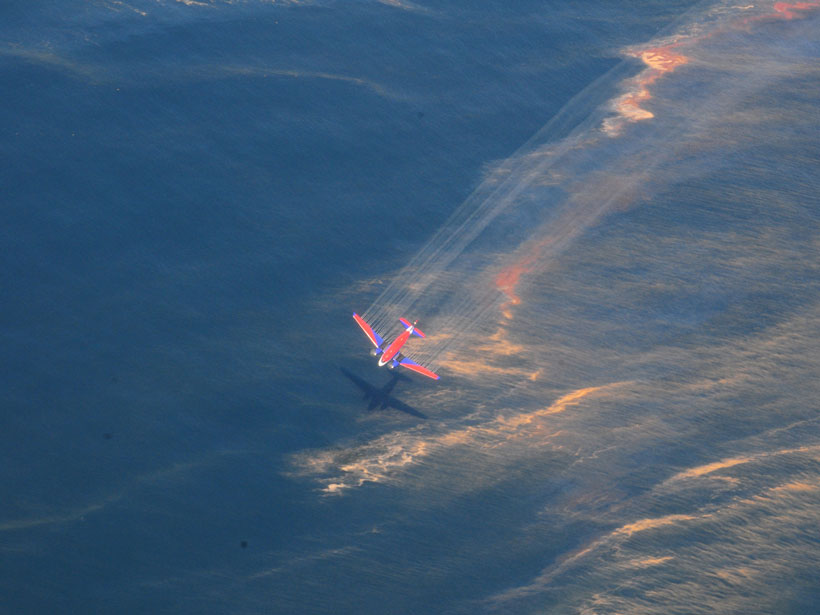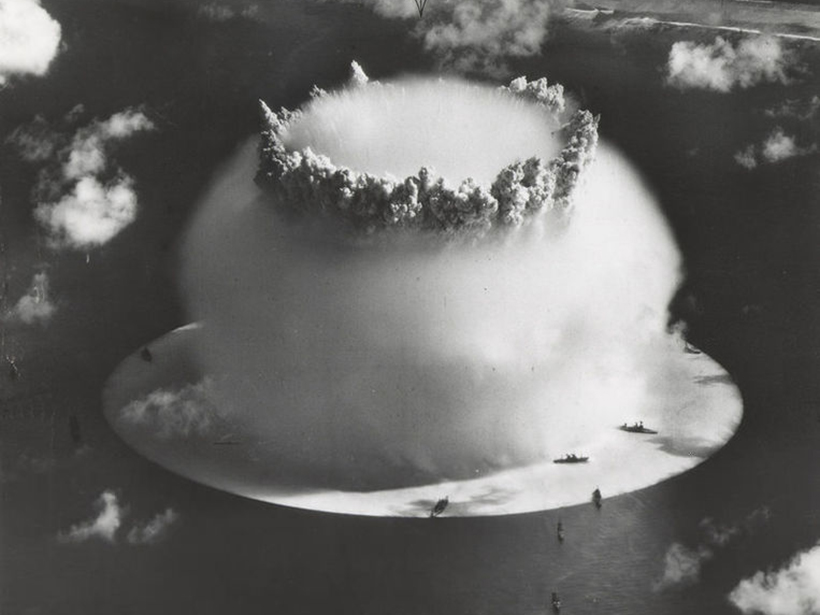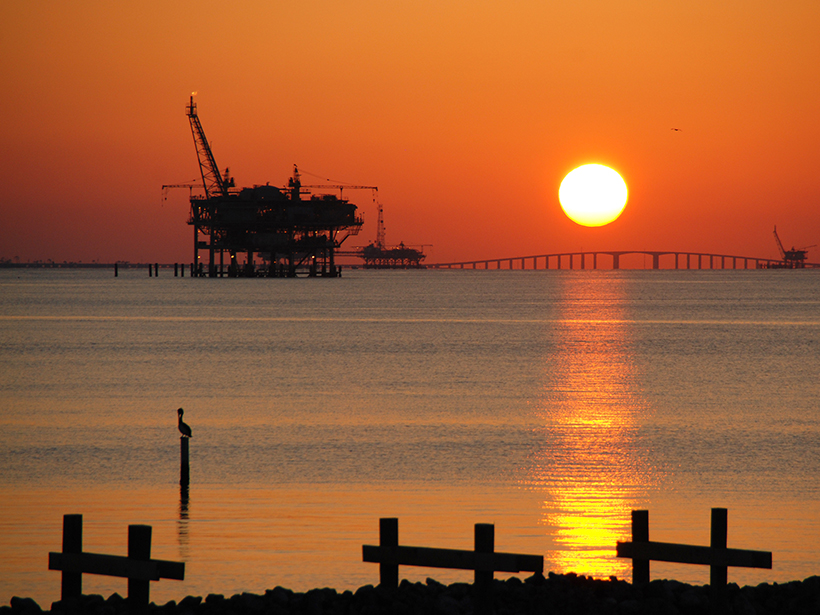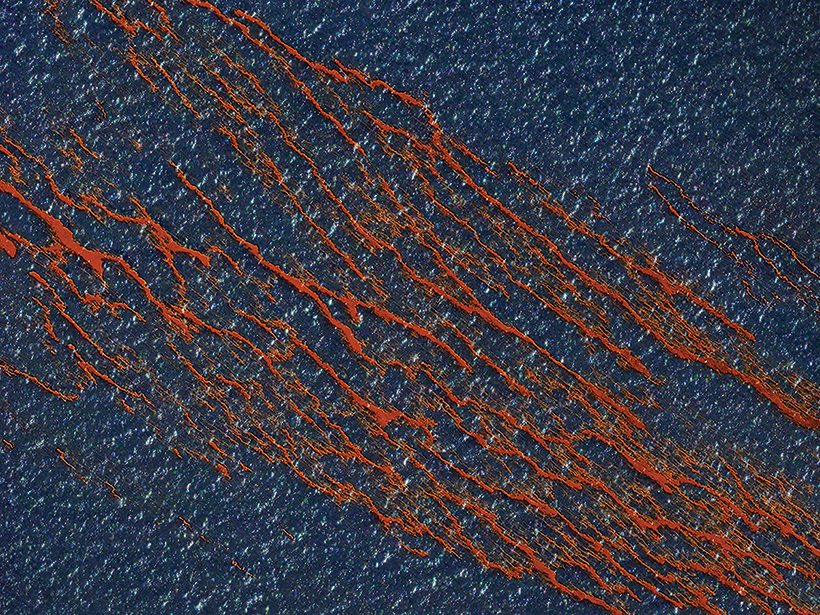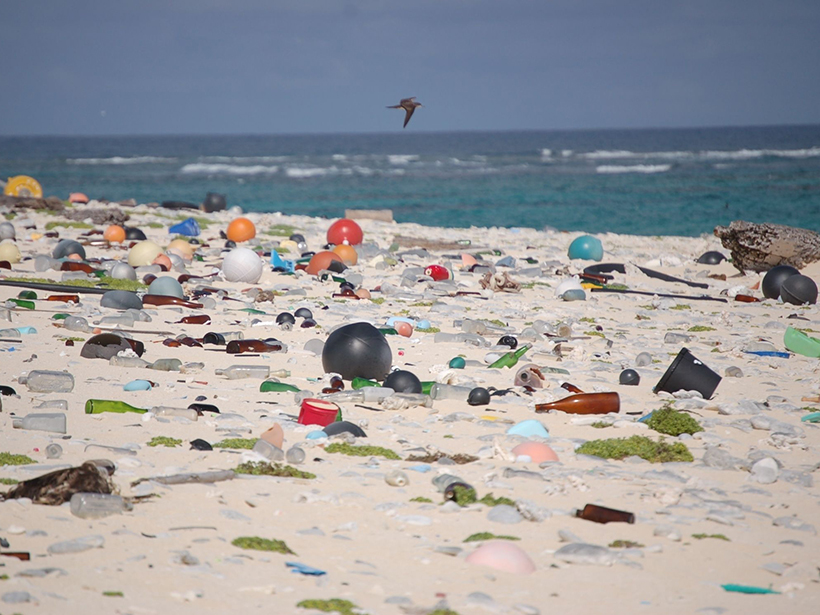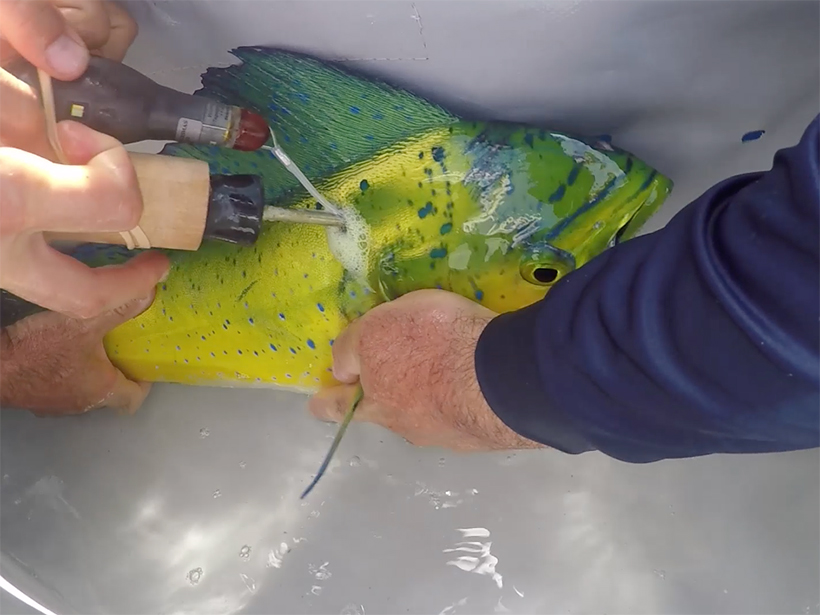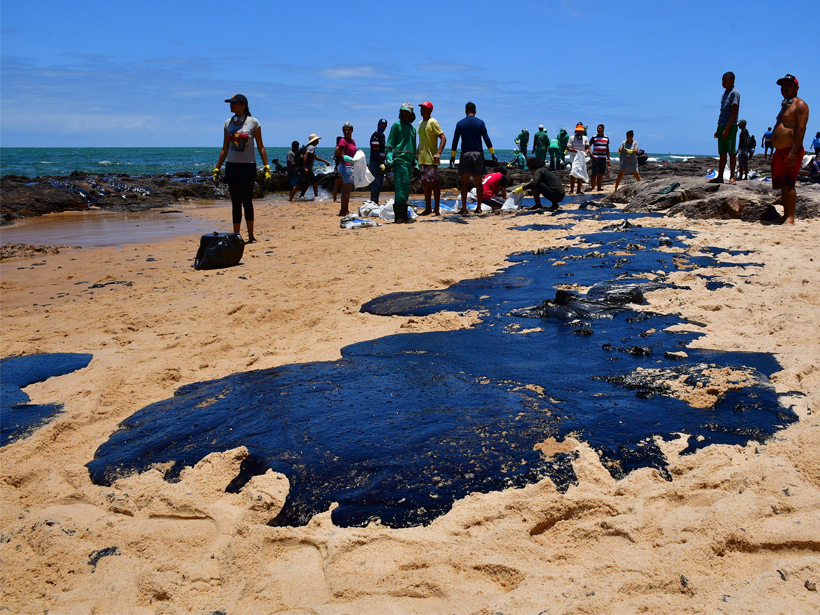A decade of research since the Deepwater Horizon disaster has revealed how sunlight—its importance long understated in oil spill science—substantially alters petroleum floating at the sea surface.
marine debris
Podcast: Paradise Lost
Nuclear bomb tests conducted during the Cold War turned an idyllic tropical isle into a radioactive ship graveyard.
Thirty Years, $500 Million, and a Scientific Mission in the Gulf
Gulf Research Program executive director Lauren Alexander Augustine discusses the impact science can have on communities when given money and time.
Deepwater Horizon and the Rise of the Omics
Microbial genomics techniques came of age following the Deepwater Horizon spill, offering researchers unparalleled insights into how ecosystems respond to such environmental disasters.
Modeling Under Pressure
At a critical moment in the effort to end one of the world’s worst oil spills, one scientist holed up in his office and pulled an all-nighter to calculate the well’s aquifer support.
Bill Calls for Dramatically Cutting Plastic Pollution
With just 8% of plastic waste in the United States currently being recycled, the bill aims to set up an effective plastic recycling program and limit single-use plastic.
Oil-Exposed Mahi-Mahi More Likely to Lose Oil-Avoidance Behavior
Contact with oil may make it harder for the fish to avoid additional exposure, creating a vicious cycle following offshore oil spills.
Bikini Seafloor Hides Evidence of Nuclear Explosions
Seafloor mapping has revealed a crater and several shipwrecks persisting 73 years after the world’s first underwater nuclear test.
Mixed Reviews for Bill to Curb Ocean Plastics Pollution
Although the Save Our Seas supporters include industry and the Ocean Conservancy, some environmental groups say the legislation won’t solve the problem.
Brazil’s Oil Spill Is a Mystery, so Scientists Try Oil Forensics
Thousands of barrels of oil have been tarring Brazil’s beaches since September, and no one knows why. An oil spill scientist is running oil forensics to find out.

